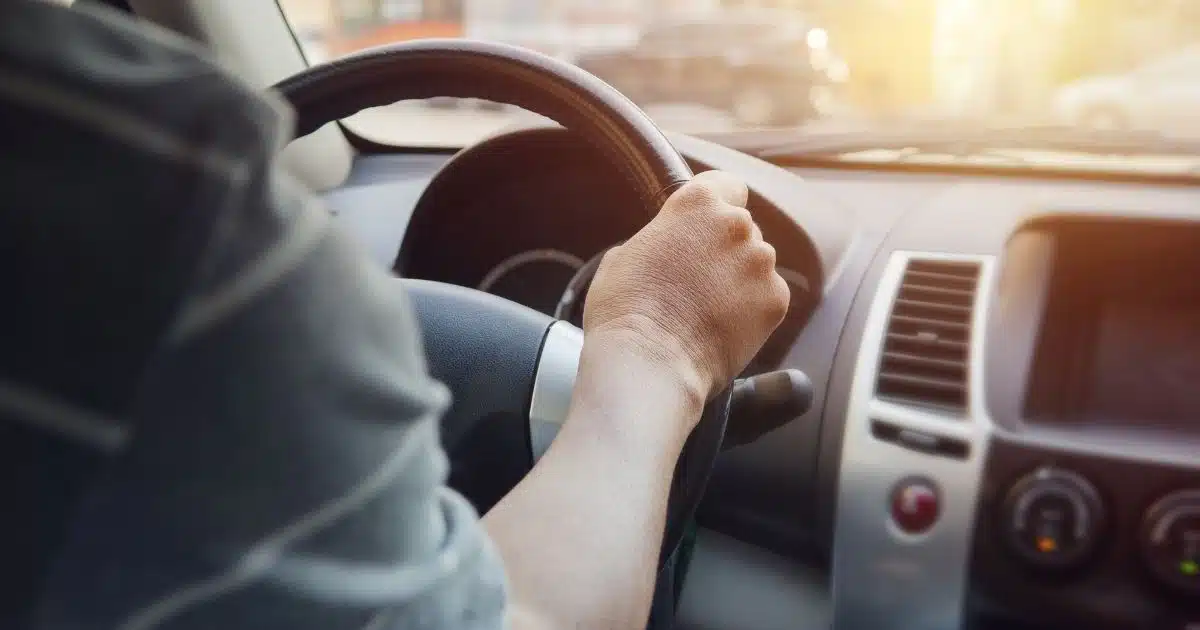Twice a year, most of the United States has to shift their clocks back or forward one hour to observe daylight saving time (DST). Changing the clocks was initially designed to reduce energy consumption by maximizing daylight hours. This year, the clocks spring forward on March 13.
While the idea of maximizing daylight is appealing, the bi-annual clock changes are unpopular, and many people think the practice is antiquated. The time shift impacts sleep patterns, mood, work and school performance, and even driving.
Research from the University of Colorado, Boulder shows that fatal car accidents increase by nearly six percent in the week following DST in spring. The main reason behind the increase is a disruption in sleep patterns.
With spring forward, everyone loses an hour of sleep. People need six to eight hours of sleep a night, too much or too little can impact performance during the day. Also, it is easy for drowsiness to take over when driving.
Much like drunk drivers, drowsy drivers have a delayed reaction time, and because they may be nodding off, they may not be paying attention to the road. Lack of sleep can lead to agitation, aggression, and poor driving decisions, such as speeding and tailgating. Irritability around the time change also has biological reasons. Circadian rhythms get thrown off, which impacts mood, appetite, and sleep.
People often underestimate the impact sleep deprivation has on the body. It may be just one hour of lost sleep, but DST means that mornings might be darker as well, causing drowsiness.
How Can I Avoid a DST-Related Accident?
To minimize problems on the road following DST, experts recommend taking a week or so to adjust to the time change. A few other tips that might help you avoid a DST-related accident include:
- Go to bed earlier. Head to bed at least an hour earlier and wake up an hour earlier on the days leading up to DST. This will give your body a chance to adjust to the time shift before it happens. It can be easier to introduce the body to the coming clock shift by doing this gradually, in 15-minute increments for four nights beforehand.
- Avoid alcohol at night. Alcohol disrupts sleep. Do not consume alcohol at the end of the day before bed.
- Avoid caffeine. Avoid caffeine at least four to six hours before going to bed. Caffeine in your body will impact your ability to fall asleep.
- Do not eat heavy meals before bed. Avoid heavy meals before going to bed. Digesting a heavy meal could keep you up at night.
- Avoid exercising before bed. Avoid heavy exercise just before bed. Exercises should not be strenuous, as you want to avoid getting your heart rate up just before you head to sleep.
- Stick to a routine. Start waking up and going to bed at the same time every night. This may not be possible for many who work in rotating shifts. If you can, go to bed at the same time and wake up at the same time.
- Use light to help you wake. There are alarm clocks that use a light pattern along with noise to help people wake up. Another way to quickly wake up is to go outdoors quickly after that alarm goes off, as the daylight will help you shake off drowsiness. You could walk your dog or take a quick jog. Even a few minutes in the daylight will help you significantly.
- Maintain a safe following distance. This is two to three car lengths. Many times, people do not follow this rule. If the driver in front of you is nodding off or drifting out of their lane, the distance should increase another two to three car lengths.
- Slow down. Slow down at crosswalks and intersections, and anticipate that pedestrians may cross mid-block.
- Car maintenance is critical. Clean and maintain windshields, windows, and mirrors so your vision is clear for the road ahead. Because it is still cold in March, use your dehumidifier then wipers to clear the windshield.
- Avoid distractions. Checking or sending a text, looking at your phone to dial a call, or finding the right music playlist or podcast are all activities that are ill-advised when the car is moving. Your cellphone will demand your visual focus, even if it is just for a second, so put it down. However, there are plenty of distractions in a car, such as finding the right music, eating, drinking, and having conversations with passengers. Driving is a responsibility. You should make sure you always drive safely, especially following the time change.
Wilmington Car Accident Lawyers at Rhoades & Morrow Can Help You if You Have Been Injured in a DST-Related Collision
Drowsy driving is dangerous, and you might see more fatigued motorists in the week following the start of DST. It is important to make sure you drive safely when the time shift happens, but you cannot guarantee other motorists will do the same. If you become involved in a drowsy driving accident, our Wilmington car accident lawyers at Rhoades & Morrow can help. Call us at (302) 427-9500 or complete our online form to schedule a free consultation. We have offices in Wilmington, Bear, Milford, and Lewes, Delaware. With offices in all three counties of Delaware, we serve clients throughout the state





